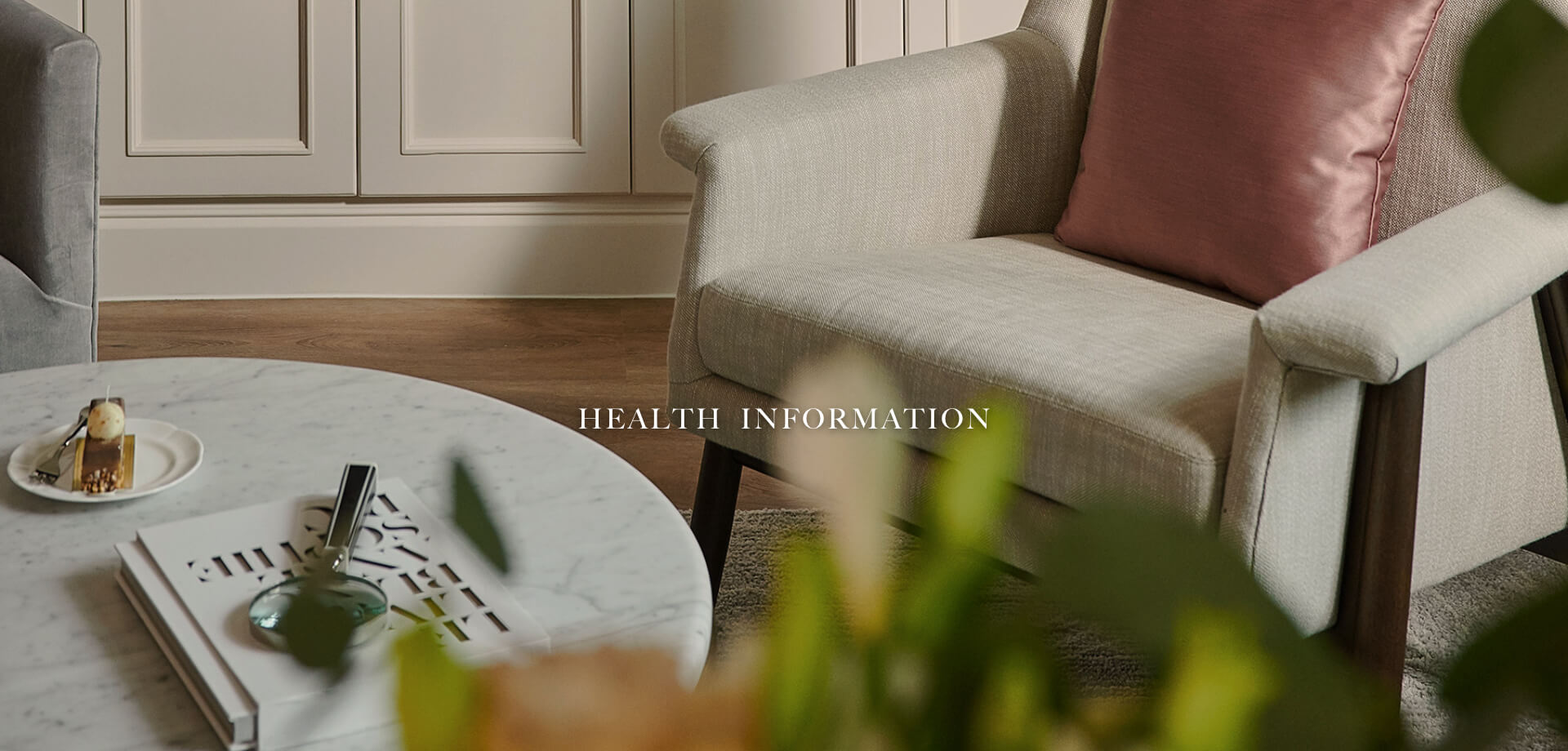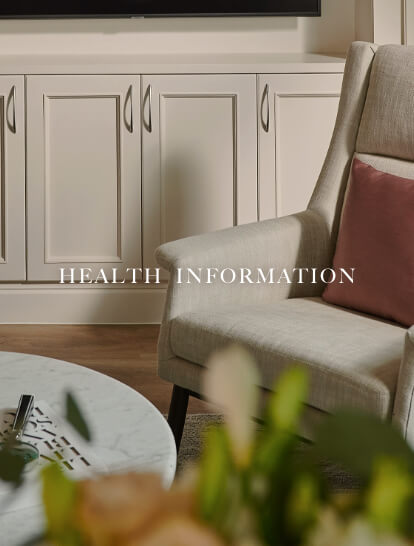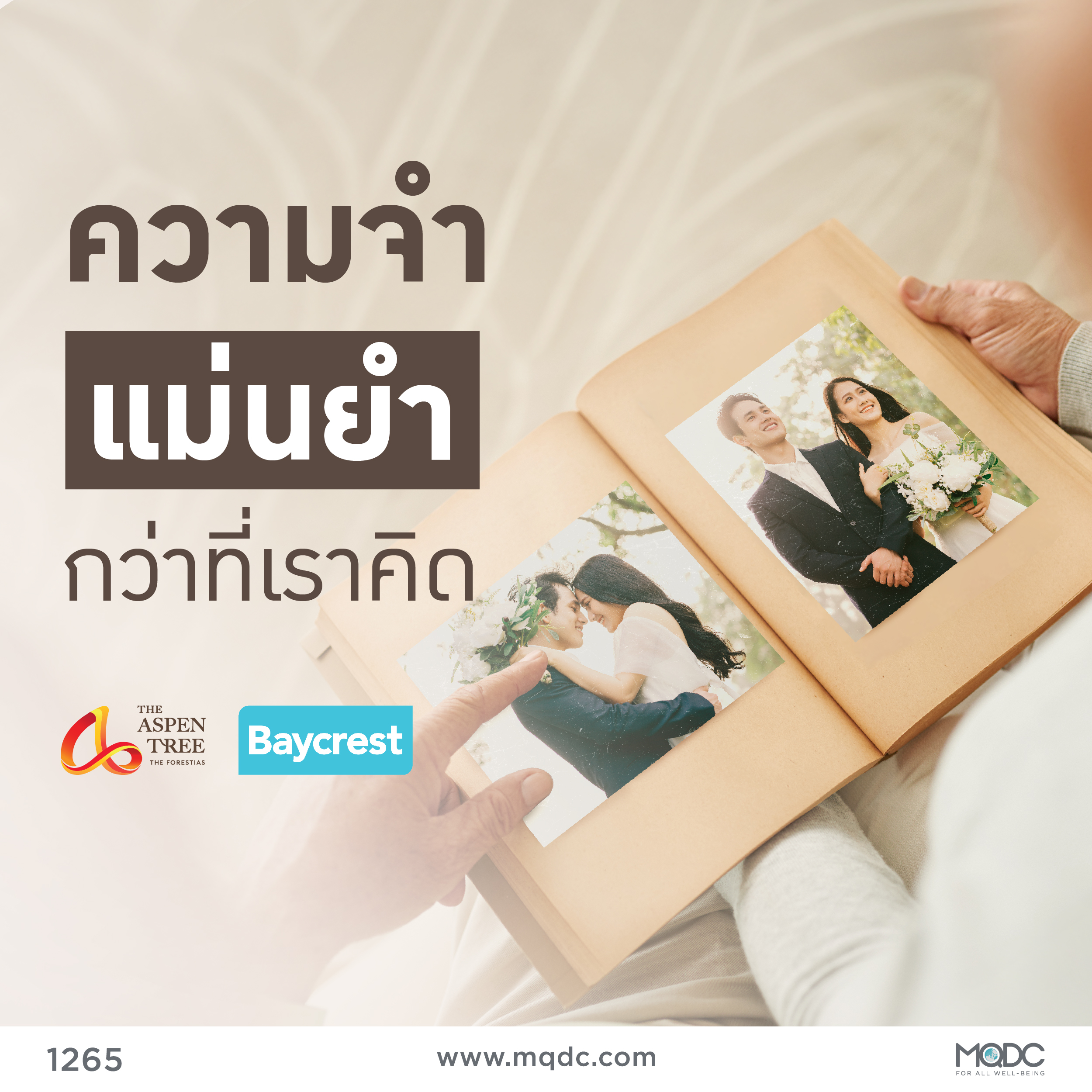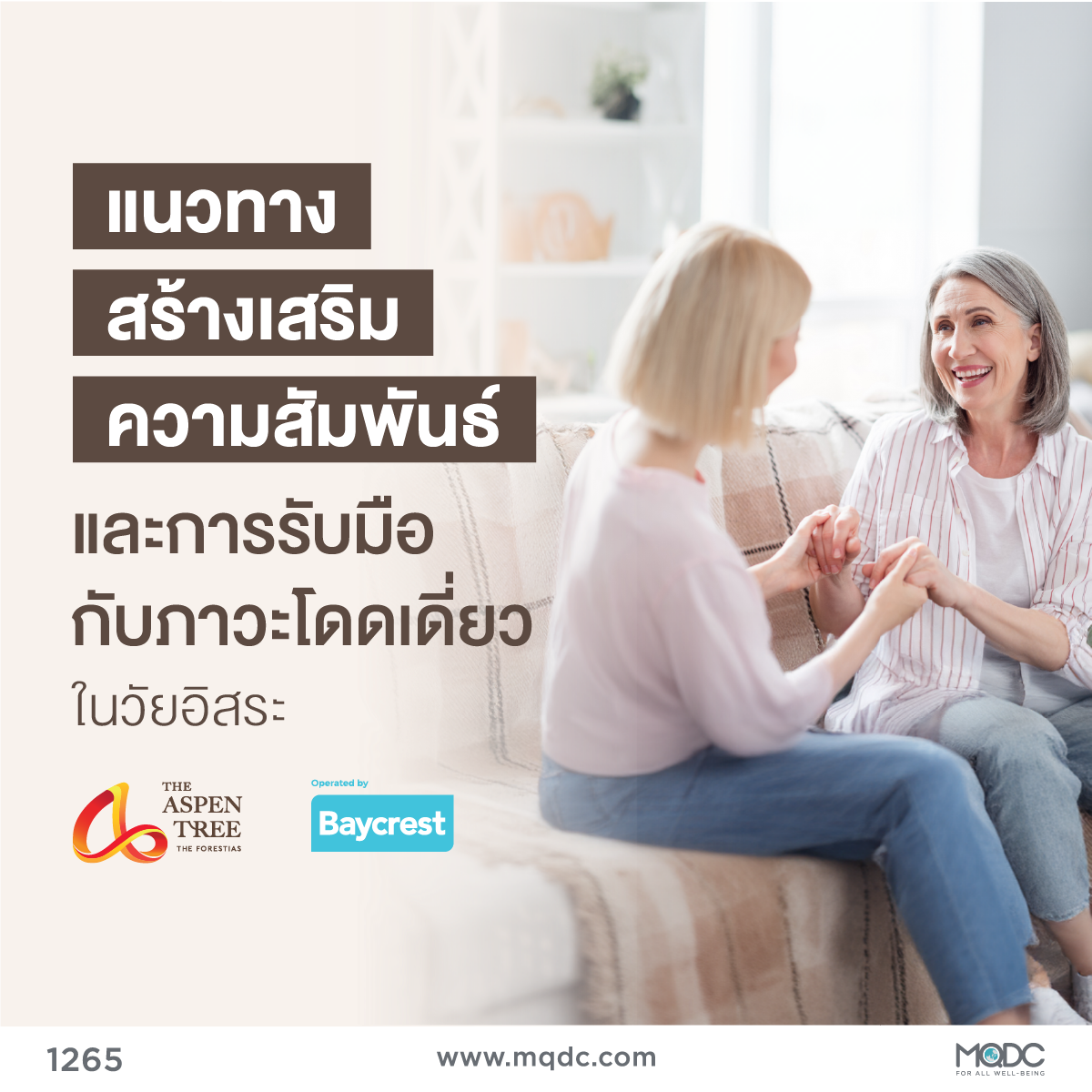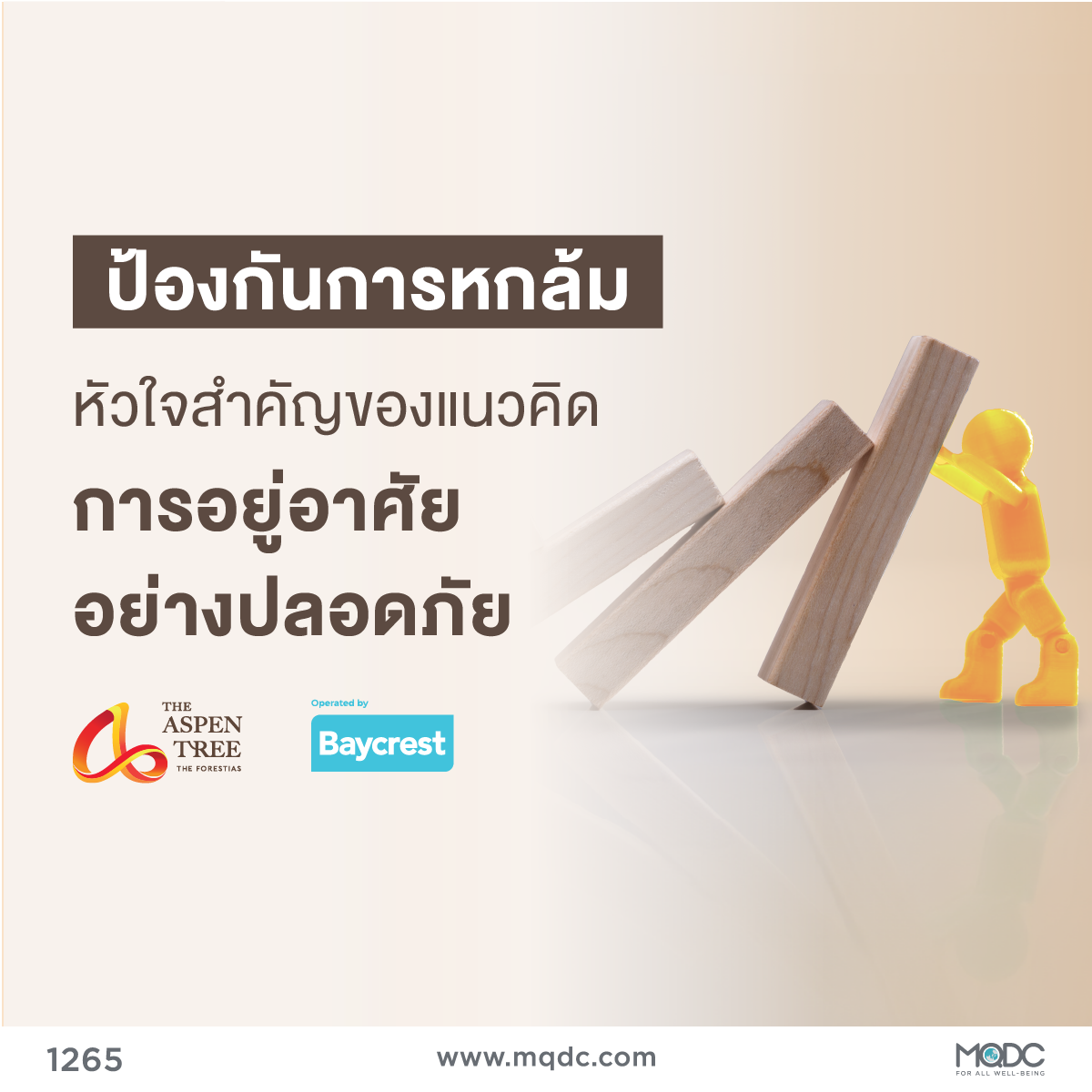Think back to a special day you experienced in the last year. How confident are you that you can accurately remember the events of that day? What about a similarly special day, but 10 years ago? Or 40 years ago?
If your confidence decreased with each question, you are not alone. Many of us fear that our memory is unreliable and that it will only worsen as we get older. Fortunately, the results of a recent study by Baycrest, the world-renowned Canadian eldercare center, tell a different, much more empowering, story.
In the study, which examined people’s ability to recall the details of past events, research participants scored an average of 94 per cent on memory accuracy. This high level of accuracy was observed regardless of the participant’s age or the amount of time that had elapsed since the event took place.
(How old you are and how long ago the event make no difference.)
RESULTS WILL HELP IN UNDERSTANDING MEMORY AND AGING
Does Research Show How Aging Affects Memory?
“This study shows us that memory accuracy is actually quite good under normal circumstances, and it remains stable as we age,” says Dr. Brian Levine, senior scientist at Baycrest’s Rotman Research Institute (RRI) and professor of psychology and neurology at the University of Toronto. “These results will be helpful for understanding memory in healthy aging and can contribute to identifying differences in memory among those who develop dementia.”
“The high accuracy we observed is surprising to many, given the general pessimism about memory accuracy among scientists and the prevalent idea that memory for one-time events is not to be trusted,” says Dr. Nicholas Diamond, the study’s lead researcher, former graduate student at the RRI and current postdoctoral researcher at the University of Pennsylvania.
In fact, about 400 academics (including memory scientists) surveyed as part of this study estimated memory accuracy to be around 40 per cent at best, expecting this score to be even lower for older participants or with greater amounts of time elapsing since the events. This pessimism originates from earlier studies showing that memory can be manipulated using certain testing methods, which is not representative of the way we remember events in our regular lives.
How Can We Test Memory Accuracy?
To test memory accuracy in this study, the researchers created an immersive, scientifically controlled event for their participants: a 30-minute, audio-guided tour of art and other items displayed at Baycrest. Two days later, participants were asked to tell the researchers everything they could remember about the tour. The responses were recorded and then verified against the facts.
Using standardized, verifiable events to test memory is an innovative approach, as scientists typically use artificial laboratory stimuli, such as random word lists, rather than real-life experiences. Alternatively, they may test participants’ memory for personal past experiences, which cannot be verified.
The results showed that participants, who went on an art tour, showed high accuracy in both cases. Though, as expected, the number of details they remembered decreased with age and time. At best, they recalled about 25 per cent of their tour. Generally speaking, this means that we can be reassured that our memories remain accurate, even if details fade with time and age.
How Can We Improve Our Memory?
While forgetting details is normal across all ages, there are things you can do to strengthen your memory recall today and for the future.
Repetition
Spaced repetition: We all know repetition improves memorization. To make repetition more effective, wait a few seconds before repeating the item you want to memorize, then wait a few seconds longer. Increasing the intervals between repetitions helps to firmly establish the memory.
Retrieval
Retrieval practice: Practicing retrieving information from your memory is even more effective than studying that information again. After you learn something, try to remember it. Then take a break and repeat.
Grouping
Organization: We remember information better when we mentally organize it. Try organizing your grocery list into different categories. For example, group apples, pears and oranges together in one category and garbage bags and all-purpose cleaner in another.
Context
Context matching: It’s easier to retrieve information from your memory when you’re in a similar context (for example, a similar place or even mood) to the one in which you learned that information. If you want to be able to remember something in a specific location, try studying or rehearsing it there. If you want something to be more memorable overall, study or rehearse it in many different contexts.
Visualizing
Visualization: When you hear verbal information, try visualizing it in your mind — we remember information much better when we experience it with multiple senses, such as sight, hearing, touch.
Baycrest Research
Research at Baycrest’s Rotman Research Institute (RRI) advances our understanding of the complexity of the human brain. With a primary focus on aging and brain health, RRI scientists and other researchers across the Baycrest campus promote effective care and improved quality of life for older adults, helping them enjoy all that life has to offer as they age.
Summary
You might think your memory gets worse as you age. But our memories are quite accurate, even if some details may fade with time. We can also train our brains by practicing, repeating, categorizing. We can use context or try to visualize information. We can pull memories back over and over to boost our memory anywhere and anytime. Because taking care of brain health is something we should do regularly at every age.
Keep Your Memory Strong at 50+ at The Aspen Tree in The Forestias Operated by Baycrest
We can train our brains to remember better so we worry less about forgetfulness and stay in shape to live life to the full at 50+.
As an older adult the most precious gift of all is good health. Good health lets us live an independent, meaningful, worry-free life. The Aspen Tree at The Forestias has worked with research leaders like Canada’s Baycrest to meet every life need, with Holistic Lifetime Care as well as complete facilities. Health and wellness programs enhance your lifestyle with yoga, swimming, singing, playing music, meditation, outdoor activities, hydrotherapy, and much more to boost your physical, mental, and brain health.
The Aspen Tree’s Health & Brain Center provides support to counter dementia. A team of specialists are on hand 24 hours a day to give you peace of mind and holistic good health.
Live a carefree life in the free time of life. Let's discover the perfect life together.
Find out more CLICK https://mqdc.com/aspentree
Call 1265
LINE OA: @TheAspenTree CLICK https://mqdc.link/3Emhkde
Source:
http://baycrest.uberflip.com/i/1362136-brainmatters-spring-2021/9?

